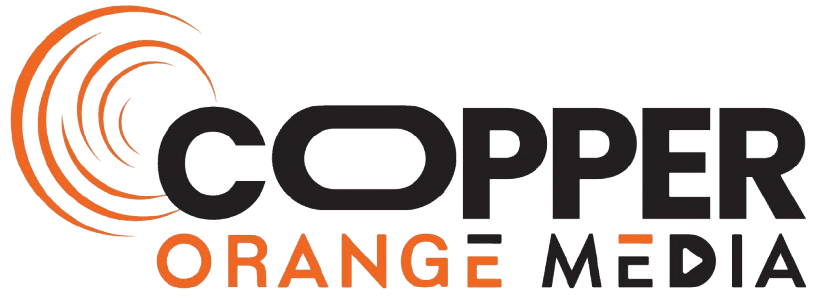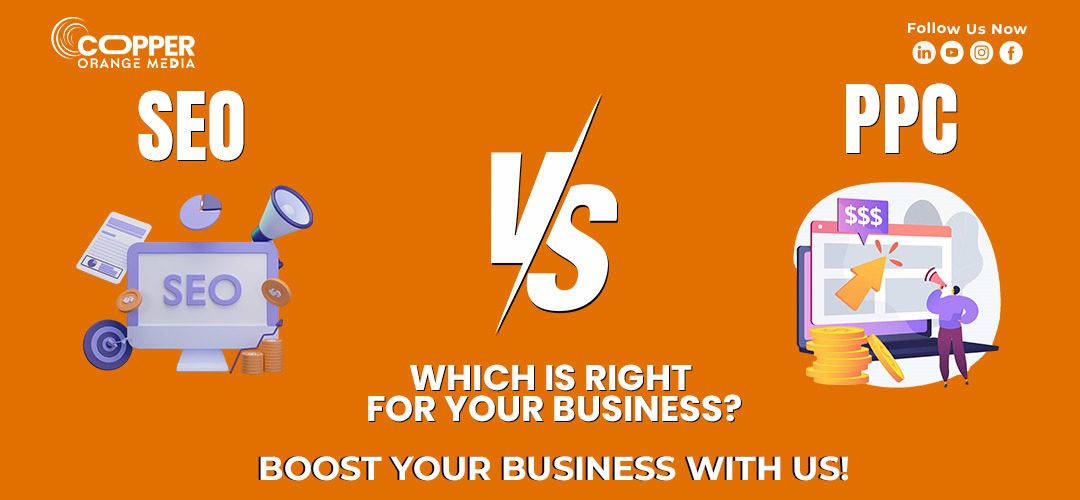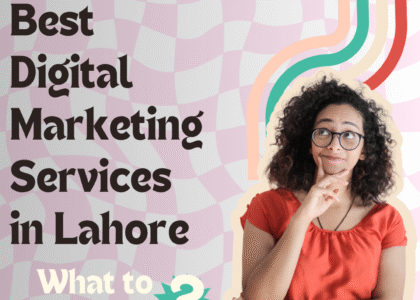Every business owner faces a critical SEO vs PPC decision when planning their digital marketing strategy. These two approaches—organic search optimization versus paid advertising—represent fundamentally different paths to attracting customers, each with distinct advantages and challenges.
Having managed SEO vs PPC campaigns for clients across industries, I’ve witnessed how this choice dramatically impacts growth trajectories. Where SEO builds sustainable visibility through organic rankings, PPC delivers immediate traffic via paid ads. The optimal path always depends on three key factors: your business objectives, available budget, and desired timeline for results.In this comprehensive comparison, we’ll examine:
-
The fundamental differences between SEO and PPC
-
When each strategy delivers the best return on investment
-
Cost structures and typical results timelines
-
How to determine which approach aligns with your specific needs
1. Defining SEO and PPC
Search Engine Optimization (SEO)
SEO involves optimizing your website and content to rank higher in organic search engine results. This encompasses technical improvements, content creation, and building authoritative backlinks.
The primary advantage of SEO lies in its sustainability. Once achieved, high rankings can generate consistent traffic without ongoing advertising costs. However, SEO requires patience, as noticeable results typically take several months to materialize.
Pay-Per-Click Advertising (PPC)
PPC refers to paid digital advertisements where businesses bid for placement in search engine results or on social platforms. Advertisers only pay when users click their ads, making costs directly tied to performance.
PPC’s greatest strength is its immediacy. Campaigns can drive traffic from the first day of implementation. Yet this approach demands continuous funding, as visibility disappears when campaigns pause.
2. Comparing Key Performance Factors
Timeframe for Results
SEO operates on a long-term timeline. While initial improvements might appear within weeks, substantial organic growth usually requires six to twelve months of consistent effort.
PPC delivers near-instant visibility. Properly configured campaigns can generate traffic within hours of launch, making them ideal for time-sensitive promotions or product launches.
Cost Considerations
SEO costs are primarily labor-based, involving content creation, technical optimization, and outreach. These investments compound over time, often yielding higher returns as rankings improve.
PPC operates on an ongoing cost-per-click model. While offering precise budget control, costs can escalate quickly in competitive markets without careful management.
Traffic Quality and Conversion Potential
Organic traffic from SEO tends to convert at higher rates, as these users actively seek solutions through search queries. The trust associated with top organic rankings further enhances conversion potential.
PPC traffic quality varies significantly by targeting precision. Well-optimized campaigns can deliver excellent conversions, but poorly targeted ads may attract irrelevant clicks.
3. Determining the Right Strategy for Your Business
When SEO Makes More Sense
Businesses with longer sales cycles and established market positions typically benefit most from SEO. It’s particularly valuable for:
-
Companies offering ongoing services or subscription models
-
Businesses with educational or research-intensive customer journeys
-
Organizations targeting informational search queries
When PPC Delivers Better Results
PPC proves most effective for scenarios requiring immediate visibility or testing new markets. Ideal use cases include:
-
Time-sensitive promotions or seasonal offerings
-
New product launches needing quick market validation
-
Highly competitive industries where organic rankings are difficult to achieve
4. The Hybrid Approach: Combining SEO and PPC
Many successful businesses implement both strategies in tandem. This integrated approach allows for:
-
Immediate visibility through PPC while building organic rankings via SEO
-
Testing keyword performance in paid campaigns before optimizing organic content
-
Maximizing brand visibility by appearing in both paid and organic results
5. Making Your Final Decision
Consider these key questions when choosing between SEO and PPC:
-
What is your timeline for seeing results?
-
How competitive is your industry in organic search?
-
What type of customer behavior drives your conversions?
Conclusion:
The SEO versus PPC decision isn’t about identifying a universally superior option, but rather determining which approach best serves your specific business needs. Companies focused on sustainable growth often prioritize SEO, while those needing immediate results may lean toward PPC.
The most sophisticated digital marketers frequently combine both strategies, using each where it performs best. By understanding these complementary strengths, you can develop a balanced digital marketing approach that delivers both immediate and lasting results.
FAQs
How long does SEO take to show results?
Most businesses begin seeing initial improvements within three to six months, with substantial results typically appearing after six to twelve months of consistent optimization efforts.
What’s the average cost of PPC advertising?
PPC costs vary widely by industry and competition. Average cost-per-click ranges from a few dollars to over $50 in highly competitive sectors like legal services or insurance.
Can small businesses compete with SEO?
Yes, small businesses can effectively compete through targeted local SEO strategies and niche keyword optimization, often outperforming larger competitors in specific geographic or specialty markets.
Is PPC or SEO better for e-commerce?
Most successful e-commerce businesses use both. PPC drives immediate sales while SEO builds lasting visibility for product pages and category rankings.
How do I measure the success of each strategy?
Track organic traffic growth, keyword rankings, and conversion rates for SEO. For PPC, monitor click-through rates, cost-per-conversion, and return on ad spend.






